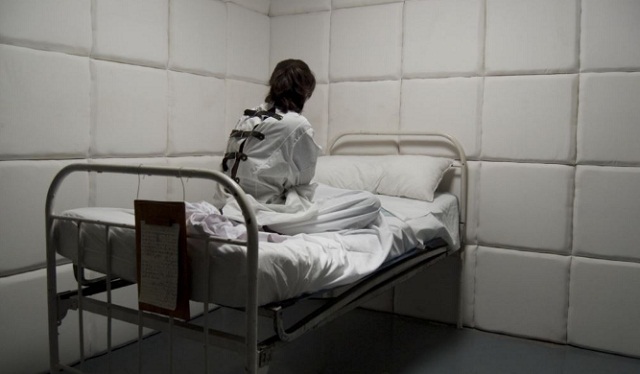
Kampala, Uganda | THE INDEPENDENT | Private mental healthcare providers are asking government to come up with a combined national plan to tackle mental illness.
Janet Kantarama, the Executive Director of a Private mental facility Safe Places Uganda says though parliament passed a new mental health law last year that has provisions on among others on how to access treatment, it hasn’t been made public enough as people are still tied to old beliefs that mental illness is not a medical condition and report to health facilities when it’s too late.
Kantarama who is also a psychologist says in an interview that even individuals who try to seek medical care at times go to wrong places.
Prof. Emilio Ovuga, a retired Professor of Psychiatry at Gulu University agrees with Kantarama on increasing awareness about mental illness especially with increasing cases of addiction, suicide and depression whereby statistics show that 30% of Ugandans battle a certain mental illness whether knowingly or unknowingly.
According to Ovuga, it’s because of the myths and stigma associated with mental illness that starting private mental health facilities in Uganda is only a recent phenomenon and yet thriving is still difficult despite the huge need.
He recommends that to be able to make some strides in ensuring access to treatment, government needs to use a model of involving lay people as it’s done with Village Health Teams.
Recently, Ovuga said even as he is retired he was called back to his district in Gulu to help because of the sudden increase in cases of suicide.
Dr Charles Olaro, the Commissioner Clinical Services at the Ministry of Health said the government recognized the increased need for mental healthcare services and set up units at the regional referral hospitals but they largely remain underutilized.
After putting in place the facilities, he said the government is working to ensure that the human resource is also adequate.
However, currently, for a population of over 40 million, the country has less than 40 psychiatrists and yet funding is also remains insufficient with only 1% of the health sector budget going to mental health.
*****
URN
 The Independent Uganda: You get the Truth we Pay the Price
The Independent Uganda: You get the Truth we Pay the Price


